Americans regret not recording stories of their loved ones—don’t be one of them.
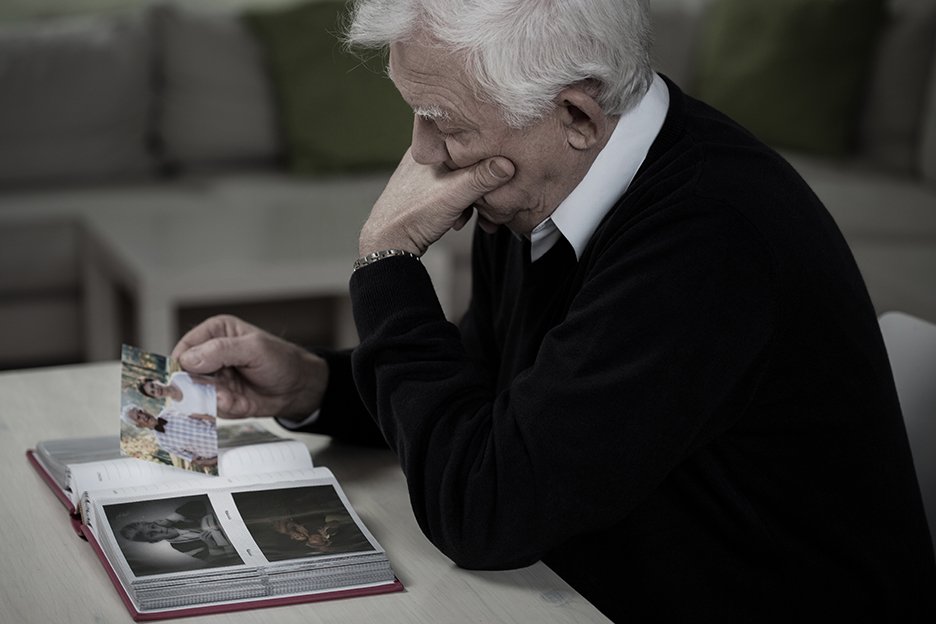
A recent poll of more than 6,000 Americans showed that only one in three Americans has recorded or documented a conversation with a loved one in order to preserve their memory of them.
Nearly half of those polled say they regret not doing so with someone who has died.
These stats sadden me, a devoted storyteller whose mission is to help as many people as possible preserve their own memories—and those of loved ones—for the next generations. While it saddens me, though, it doesn’t surprise me.
Why am I not surprised?
Why am I not surprised that so few people have taken the initiative to record stories from their loved ones? Well, first of all, it’s easy (so easy!) to take for granted that those we love will always be there. We don’t want to think about a time when they won’t—and preserving their stories for the future seems to somehow bring that notion to the fore.
Moreover, for many people recording stories seems like a daunting task: Won’t it take too long? What questions would I ask? How would I record the conversations? What would I do with them afterwards?
For some, telling their own stories seems vain (it’s not). Still others think they have no stories to tell—or that no one would care to hear them (again, not likely; I haven’t met a person yet who didn’t have some amazing stories inside them—and everyone underestimates how their stories will be received by loved ones).
So, no, I am not surprised that 59 percent of Americans have not recorded conversations with a loved one. But I do see change on the horizon.
Rays of hope
“Maybe it’s the younger generation’s familiarity with technology...that makes this task more approachable—obvious, even.”
I see a glimmer of hope amidst these poll results, too: Younger respondents were by far the most likely to have said “yes, I have recorded a conversation of a loved one in order to preserve my memory of them.” While only about a quarter of folks aged 45-65 have recorded a loved one’s stories, 44 percent of those 18-to-29 have, and 42 percent of those 30-44. Not quite double the older participants, but almost!
Maybe it’s the younger generation’s familiarity with technology and their engrained habit of recording so many things in their daily lives, that makes this task more approachable—obvious, even.
Or perhaps it’s millennials’ well-documented love of nostalgia.
Whatever the reason, the trend is on the upswing: More younger members in American families are recording conversations with loved ones!
Resources for recording your own family stories
Are your ready to hop on the memory-keeping bandwagon and record a conversation with a loved one? Let’s work together to bring these numbers up—to make story preservation an everyday thing that, dare we day, a majority of Americans not only strive to do, but really DO!
A wonderful thing that will happen along the way if we indeed begin to record our personal histories? We’ll all have fewer regrets.
In order to help with your DIY story gathering, here are some time-tested resources that I offer to you for free—please don’t download them unless you plan to put them to use 😉
FREE E-BOOK DOWNLOADS
HELPFUL ARTICLES FOR RECORDING YOUR LOVED ONE’S STORIES
You may think you are writing about your life for your family—to honor your ancestors, to give a gift to your descendants. But the truth is deeper. You’ll see.
When Mother’s Day is hard due to feelings of loss, allowing ourselves to linger in our memories may help (and, yes, hurt). A tribute made in grief, and love.
After we record your personal history interviews, I craft your story and photos into an heirloom coffee table book—not a video, not an audio file. Here’s why.
If writing your memoir means enough to you to put it on a bucket list, please read this—I’ll help you easily move it from future project to present-day endeavor.
Your legacy is more than the assets you leave behind—much more. Here, three ways to leave a personal legacy that has a positive impact on your loved ones.
Ignore those naysayers who warn that you must be passed middle age to begin writing your life stories: Start your memoir now, no matter how old you are.
It’s a common but wrong assumption—that telling one's own stories is “narcissistic” or “self-centered.” Truly, preserving your legacy is an act of generosity.
Recording loved ones' stories is important to most Americans, and yet not even half of us have done so. Here, resources to make memory-keeping easier.
Our memories are anything but fixed—and when stories are passed down to a new generation, their malleability, their meaning, and their impact change, too.
Family stories have enduring value. Some you share now may not be relevant enough for your kids to care. But one day they will see themselves in your stories.
Ever wonder what it might be like to work together on your OWN heirloom book project? Listen to past clients' feedback—and words of thanks!—to get inspired.
Writing about your life can be hard—but it’s still worth the effort. (Oh, and you’re wrong that your family members don’t care about your personal history).
Understanding the basics of how our brains encode memory can help us both remember the things we want in the future & retrieve precious memories from our past.
Dear Tim Ferriss: Have you interviewed your parents yet? It is with a healthy dose of humility & a shot-in-the-dark effort that I say to you: Do it now—please.
Is your life too boring to tell people about? Do you think it's self-centered to write a memoir? Or that your kids don't care about your stories? Think again.
It seems obvious: We should ask our parents about their lives—lessons, loves, adventures, ancestors. Then why do so many of us wait too long and then have regrets?
Did you know that listening to and sharing stories can help us live longer, happier lives? Discover three impactful ways to bring storytelling into your life.
I hope you'll take comfort in these personal stories of vulnerability and loss during the holidays. (Sharing memories about loved ones is always a good thing.)
Preserve your parents’ (and grandparents’) stories meaningfully for the next generation with these three ideas that make the process simple and enjoyable.
Sometimes the idea of telling our "life story" is overwhelming. If we think of memoir as a series of smaller life narratives, though, the way in becomes clear.
The Wall Street Journal reports that a growing number of adult children are interested in hearing more of their parents' stories. Are you among them?
A brave group of Jews secretly chronicled their daily existence in the Warsaw Ghetto during the Holocaust. Only one who knew where the archive was buried survived.
Ever tried to talk about your childhood with your grown kids only to be met with a lack of interest? They might not care now, but they will one day—I promise.
The most memorable quotes and takeaways from family history experts Amy Johnson Crow, Curt B. Witcher, Scott Fisher, and Janet Hovorka at RootsTech 2019.
Thoughts from the 2018 International Reminiscence & Life Review Conference including research challenges, anecdotal evidence, and autobiographical memory.
Family history is more than names on a chart; it's people's experiences that hold meaning. A curated list of resources for the genealogist who cares about story.
Ignoring your instinct to preserve your family stories can be an expensive trade-off. And most of us know this—so we do we wait? The perils of procrastination.
Rediscovering an old family photo album in her closet prompts Modern Heirloom Books’ founder to reflect on the lasting appeal & transformative power of nostalgia.
Meet Josh: He plans to write his biography someday. Yet he has told his adult kids none of his life stories. How about you—are you waiting for “someday,” too?



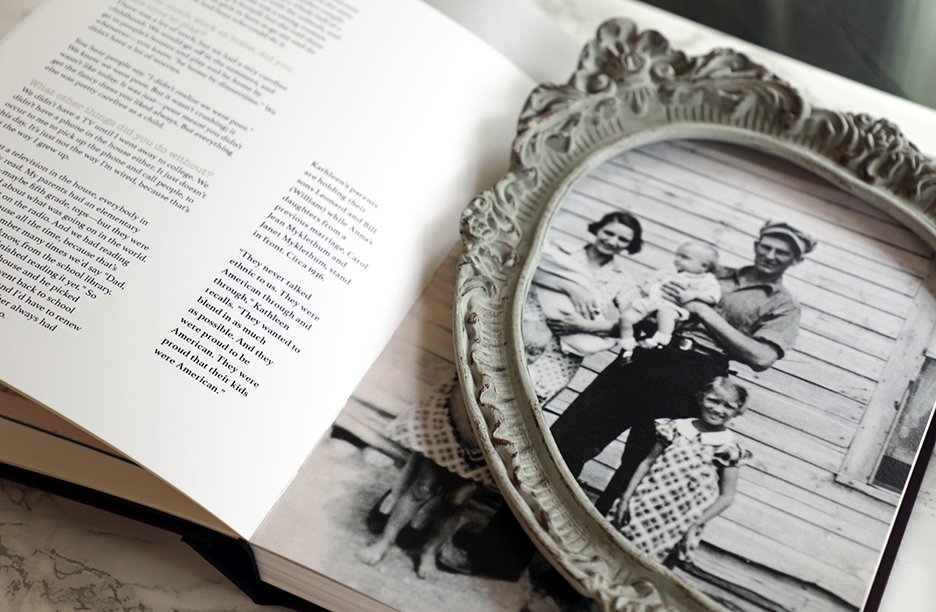




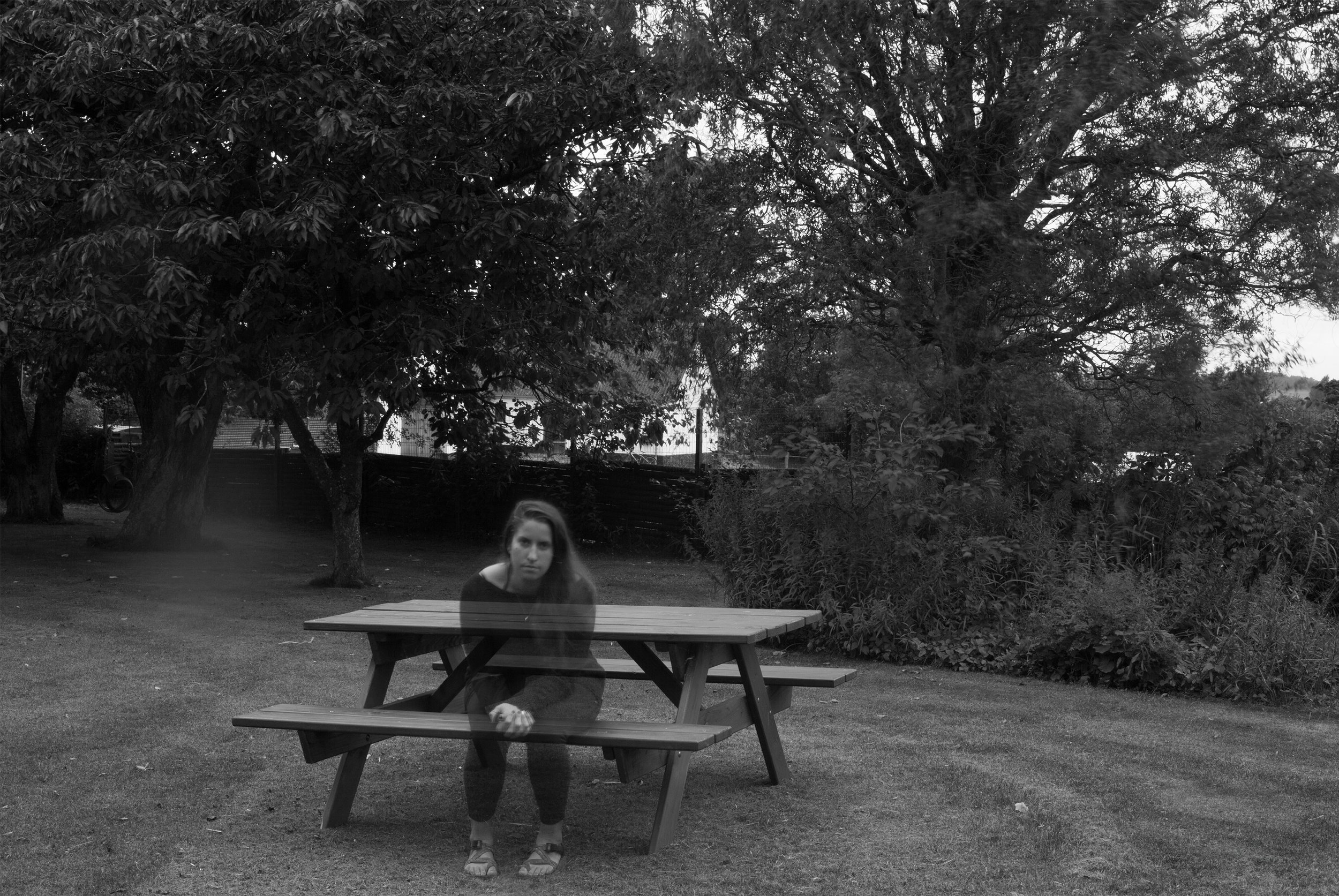
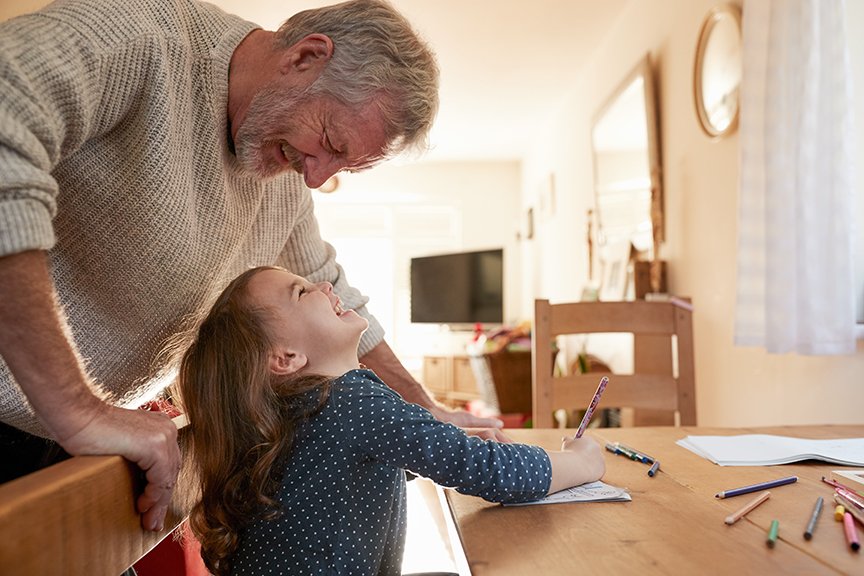



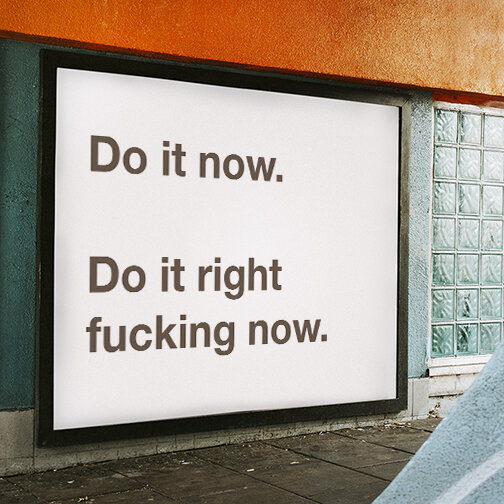













Boxes of old letters, family photos, and mementos from a generation ago can feel like a burden if they’re passed down without context. What to do with them.